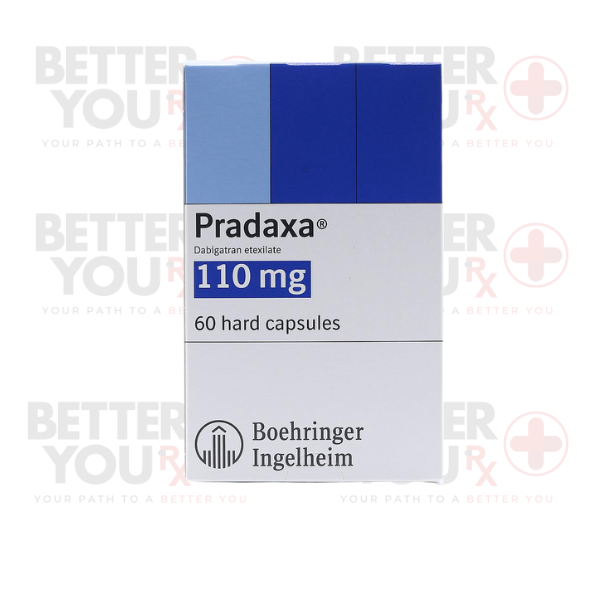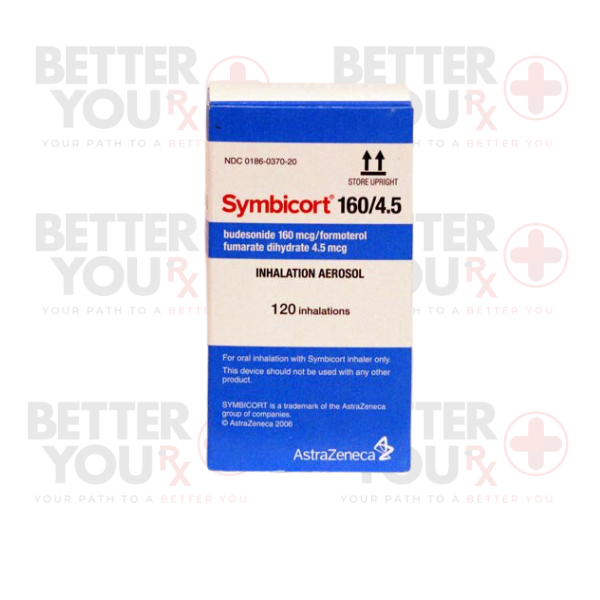Description
Fluoxetine, also known by its generic name fluoxetine, is a medication primarily prescribed for the treatment of depression. It operates by modulating the levels of certain brain chemicals that tend to be imbalanced in individuals who are experiencing depression. Fluoxetine is commonly employed to address various mental health conditions, including:
- Major Depressive Disorder (MDD): Fluoxetine is an established treatment for MDD, which is characterized by persistent feelings of sadness, a loss of interest in previously enjoyed activities, and a range of other debilitating symptoms.
- Obsessive-Compulsive Disorder (OCD): Fluoxetine is effective in managing the symptoms of OCD, a condition where individuals grapple with recurrent, distressing obsessions and engage in compulsive behaviors as a means of alleviating anxiety.
- Eating Disorders: In some cases, Fluoxetine is prescribed for individuals with eating disorders such as bulimia nervosa, characterized by episodes of binge eating followed by purging behaviors, and panic disorder, which entails recurrent panic attacks.
- Bipolar Disorder: Fluoxetine may be used in conjunction with another medication, typically Olanzapine, to address manic depression (bipolar disorder) episodes and depressive episodes that have not responded to other treatments.
Fluoxetine belongs to a class of drugs known as selective serotonin reuptake inhibitors (SSRIs). It exerts its effects by regulating the levels of serotonin, a neurotransmitter in the brain. By modulating serotonin activity, Fluoxetine can alleviate the symptoms associated with depression and related disorders.
It is crucial to emphasize that Fluoxetine should only be taken under the guidance and supervision of a qualified healthcare professional. The dosage and duration of treatment will be determined by your healthcare provider based on your specific condition and response to the medication. Always adhere to your doctor’s instructions diligently to ensure the safe and effective use of Fluoxetine.









